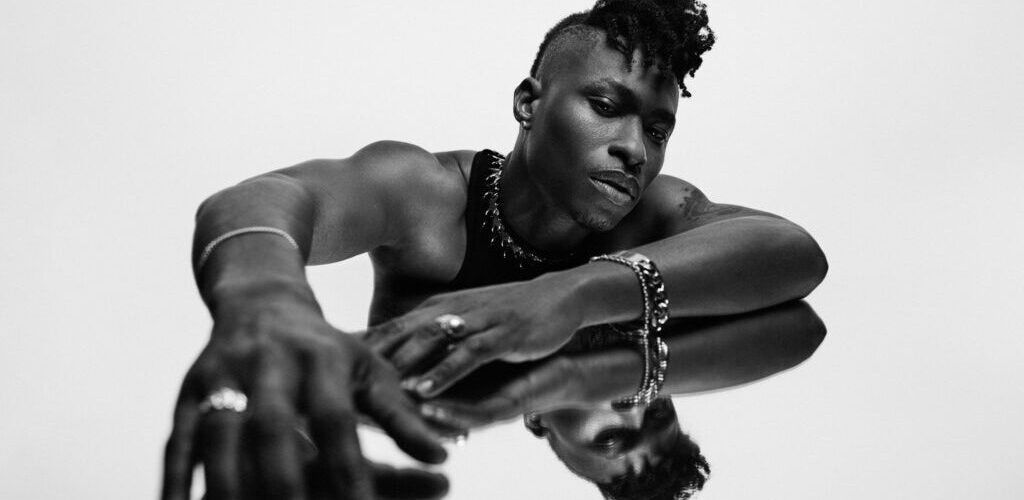As the singer of unforgettable tracks like “Over” and “Love You Too Much,” and as a songwriter on Ella Mai’s “10,000 Hours” and Beyoncé’s “Alien Superstar,” Lucky Daye’s spent at least a decade cultivating a terrarium of earworm hits. On this third album, Algorithm, Daye reunites with Dernst “D’Mile” Emile II, whose agile production can be heard on An Evening With Silk Sonic and Victoria Monet’s Jaguar series as well as Daye’s first two albums. The duo’s balance of retro-soul and future-R&B is a little left of center, freewheeling without any discernible label, and focuses on instrumental exploration and playful genre-melding.
Across Algorithm’s 14 tracks, live-band seduction pulls you out of the club shadows and into the light of a Delta dancefloor. Opener “Never Leavin’ U Lonely” is a sexy party trick, the type of song that sneaks up and surprises as it builds from its percussive backline into Daye’s falsetto vocals. It’s a high that continues onto the hip-swinging “HERicane,” the shoulder shimmying “Soft,” and the heart-pounding “Top.” The latter brings to mind the instructional foreplay of Eugene Wilde’s “Gotta Get You Home Tonight,” whose influence is felt in Daye’s plea for an itinerant lover’s time and interest: “I feel your body breathin’ but let’s not take a break…/Like sugar on my tongue till your body go numb/Then I’ma send you on your way.” Just because it’s a one-night stand doesn’t mean it’s over—Daye wants you to remember the first glance and the last climax.
At its best, the album recalls the dynamic sensual abandon of Nile Rodgers as Daye rides over the grooves and edges of a melody. He never seems to be addressing a crowd: He is seeing and singing to you. Fans of old-school R&B ballads bemoan that today’s singers don’t beg like they used to, that there’s no urgency in their pining. Daye is prostrate, submitting to desire. When he steps away from that vulnerable longing, though, the album starts to meander with the listlessness of an automated “sex songs” playlist.
“Think Different,” “Mary,” “Blame,” and the title track attempt to engage with the contemporary dating scene’s surplus of choices and dearth of intimacy, but the real problem never comes into clear focus and the songs wind up sounding like one-way romantic pontificating. “Mary” in particular feels quite archaic as Daye consults a Rolodex of women he’s met in each and every part of town. “Got a girl named Jill, stay up in the hills,” he brags, and so on, revealing nothing except the fact that there are still young women named Ruth. “Think Different” could have been a necessary dialogue between two people working to understand each other better, but it hits like a voice note from a partner who still wants to fight for the relationship but is increasingly resentful of all the work it’s taking. By contrast, British singer-songwriter RAYE takes command on “Paralyzed,” laying the stakes for a truly transformative love: “Intuition says, ‘Run for the door, save yourself’/But to leave both you and my heart in this room, I would’ve played myself.” Begging is all well and good, but relationships demand the courage to act.
